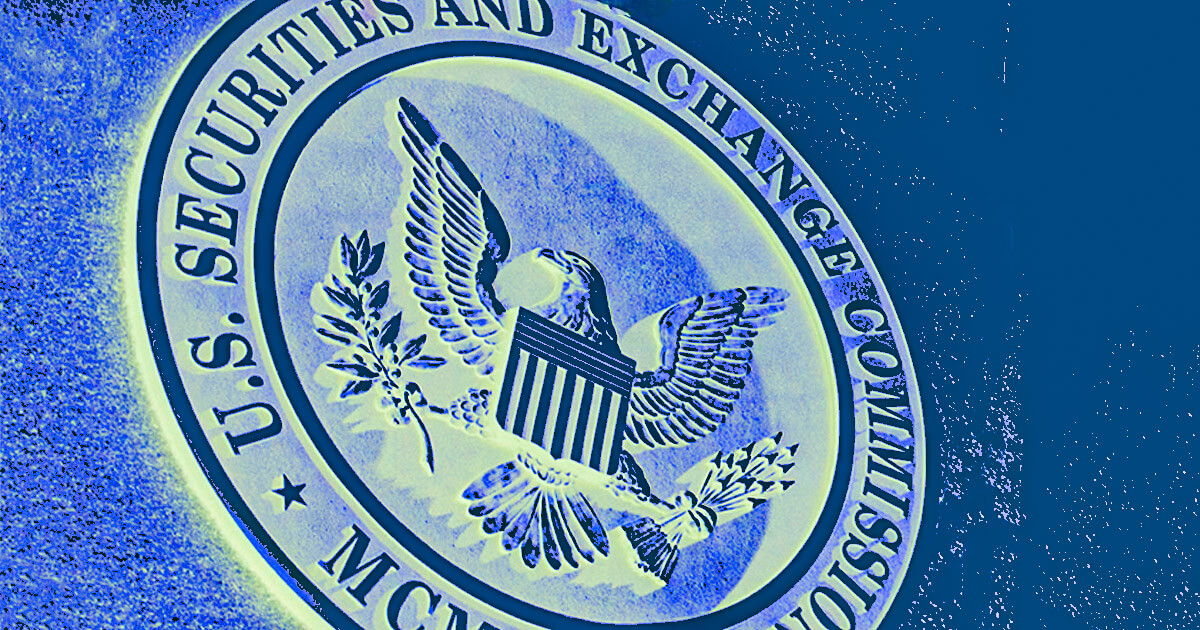
SEC Commissioners Hester M. Peirce and Mark T. Uyeda criticized the regulator’s enforcement actions against the Flyfish Club non-fungible token (NFT) collection.
In a letter dated September 16, the commissioners argued that securities laws do not apply in this case.
Flyfish Club, an eatery, sold NFT as exclusive access to a future restaurant and bar. The club created approximately 3,000 NFTs, more than half of which sold for $8,400 for regular NFTs and $14,300 for Omakase NFTs, raising $14.8 million. It also earned $2.7 million in royalties on secondary sales.
As a result, the SEC sued Flyfish Club for conducting an unregistered offering of crypto assets in the form of NFTs, settling the case with a civil penalty of $750,000 and an undertaking to comply with an order under penalty.
The commissioners stated:
“By its very nature, Omakase dining requires a deep level of trust. Americans should be able to place similar trust in our regulators. Today’s settlement with Flyfish Club over its sale of non-fungible tokens (“NFTs”) is just the latest court action to undermine confidence in Chef SEC. That is why we do not agree with it.”
Furthermore, Peirce and Uyeda argued that these NFTs are utility tokens and not securities.
They emphasized that the Howey test, which is used to check whether an asset is a security, is not appropriate for Flyfish NFTs because their holders had reasonable expectations to have “great culinary experiences” and other exclusive membership experiences related to them in the future. to obtain Flyfish.
The commissioners warned that applying securities laws in this case could harm both the current case and future precedents and called on the SEC to issue guidance to non-securities NFT makers, allowing experimentation without legal uncertainty.
SEC crackdown on NFTs
The SEC threatened NFT marketplace OpenSea with a Wells Notice on August 28 for allegedly offering securities on its platform.
This is an action by the US regulator that precedes an enforcement effort if the company complies and ceases activities deemed irregular.
OpenSea CEO Devin Finzer claimed that the regulator’s move will impact creators and artists and stated that the company would “stand up and fight.”
Following Finzer’s comments, Coinbase-backed organization Stand With Crypto Alliance launched the $6 million Creator Defense Fund, which is aimed at protecting artists affected by the SEC enforcement law.

